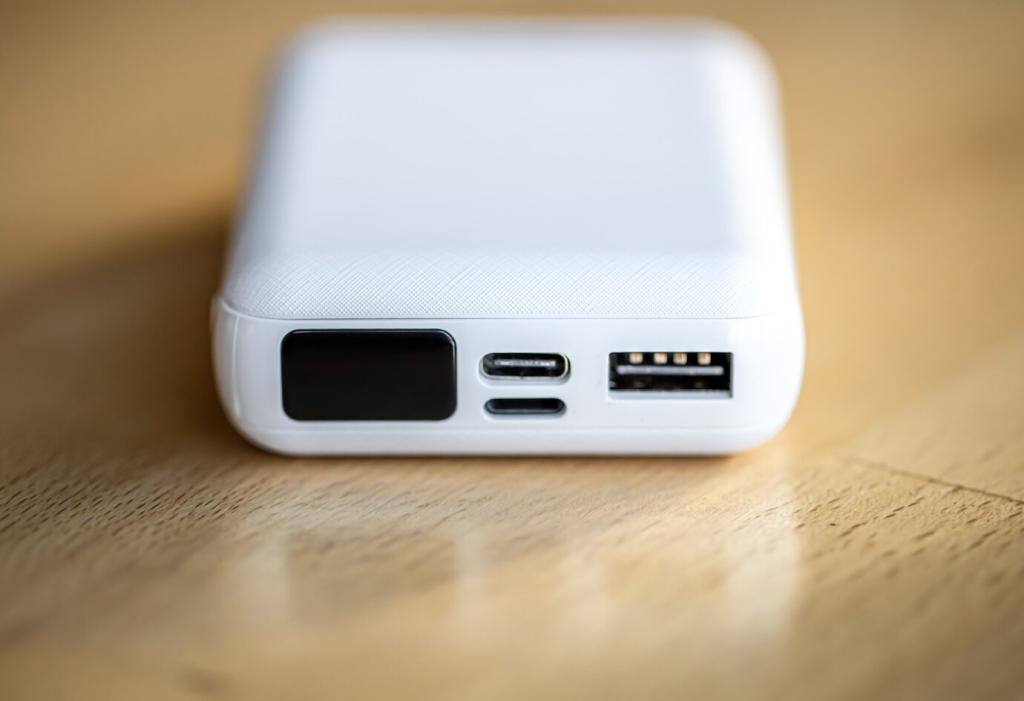Understanding Net Metering for Homeowners
What Net Metering Means—In Real Life
Net metering lets your solar panels send extra electricity back to the grid and earn credits, offsetting the power you use at other times. Each month, your bill reflects the net difference, helping you pay for only what you truly consume.

What Net Metering Means—In Real Life
On a bright Saturday, my neighbor Maya watched her meter slow as her panels fed the home. That day, the dishwasher hummed, her kids gamed, and she still banked credits—proof that timing, sunshine, and net metering can happily align.
How Credits Show Up on Your Bill
Your meter tracks electricity you draw from the grid and what your panels export. The bill nets these flows. If you export more than you use during sunny hours, you accrue credits that reduce charges when your home needs grid power later.
Homeowner Benefits Beyond the Buzz
Net metering helps tame variability by offsetting usage with earned credits. Over a year, many homeowners see steadier energy costs and a realistic payback timeline. That predictability makes it easier to budget for life’s priorities, not just electricity.

Policies, Caps, and Interconnection Basics
Rules differ by state and even utility
Credit values, eligibility, and caps can change across regions. Some programs credit at retail rates, others at export rates. Before you start, check your utility’s net metering policy page and ask about any capacity caps or upcoming program updates.
Export compensation models you might encounter
You may see full retail netting, hourly export rates, or fixed export credits. Each approach shapes payback and battery decisions. Understanding your compensation model helps you choose panel count, inverter sizing, and usage strategies that match how you’ll be credited.
Approval steps and typical timelines
Most paths include a site assessment, design submission, utility interconnection application, and meter upgrade or reprogramming. Timelines vary from a few weeks to a few months. Ask your installer for status updates and share your timeline with readers in the thread.
Right-Sizing Your System for Net Metering

Pull twelve months of bills to see usage patterns. Are you home midday or evenings? Electrifying heating, cooling, or a vehicle soon? Size for realistic needs, not just a sunny dream. Post your usage graph and let the community help you think it through.

When a battery meaningfully boosts value
If your credits are lower at export than import, a battery can store midday solar to cover evening peaks. It also keeps essentials running during outages. Map your critical loads—fridge, internet, lights—and decide how many hours of backup you truly need.

Evolving from retail netting to export rates
Some regions are moving toward export-specific compensation. Batteries and smart controls help you adapt by targeting high-value hours. Read your tariff’s fine print on peak windows, then schedule charging and discharging to match those periods for better outcomes.

Smart controls, APIs, and being future-ready
Modern inverters offer apps and APIs to automate self-consumption. Link thermostats, EV chargers, and water heaters to follow solar output. That orchestration can preserve credits, improve backup, and align with new programs. Share your favorite automations so others can replicate them.
Reality: most programs include basic service charges, and winter or evening-heavy usage can exceed credits. The goal is reduction and predictability, not guaranteed zeros. If you’ve reached a surprise bill, post the breakdown and we’ll dissect it together.

Join the Conversation and Plan Your Next Step
List average monthly usage, peak months, and likely changes like an EV or heat pump. Decide if you’re chasing bill stability, backup, or both. Post your goals in the comments so others can offer perspective and cheer you on.


Join the Conversation and Plan Your Next Step
Ask about current net metering terms, export rates, time-of-use windows, caps, and interconnection timelines. Request a sample bill showing credits. Share replies here so we can compare notes, create a living resource, and help new readers ask smarter questions.
